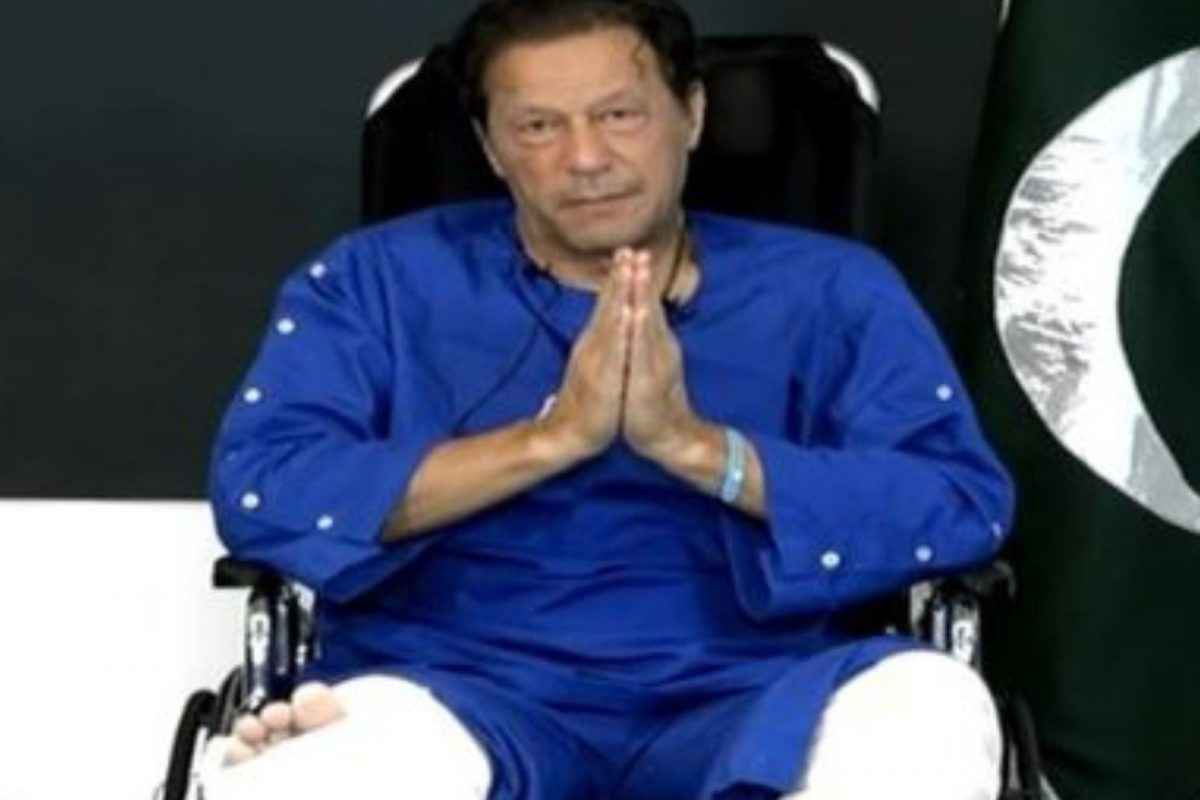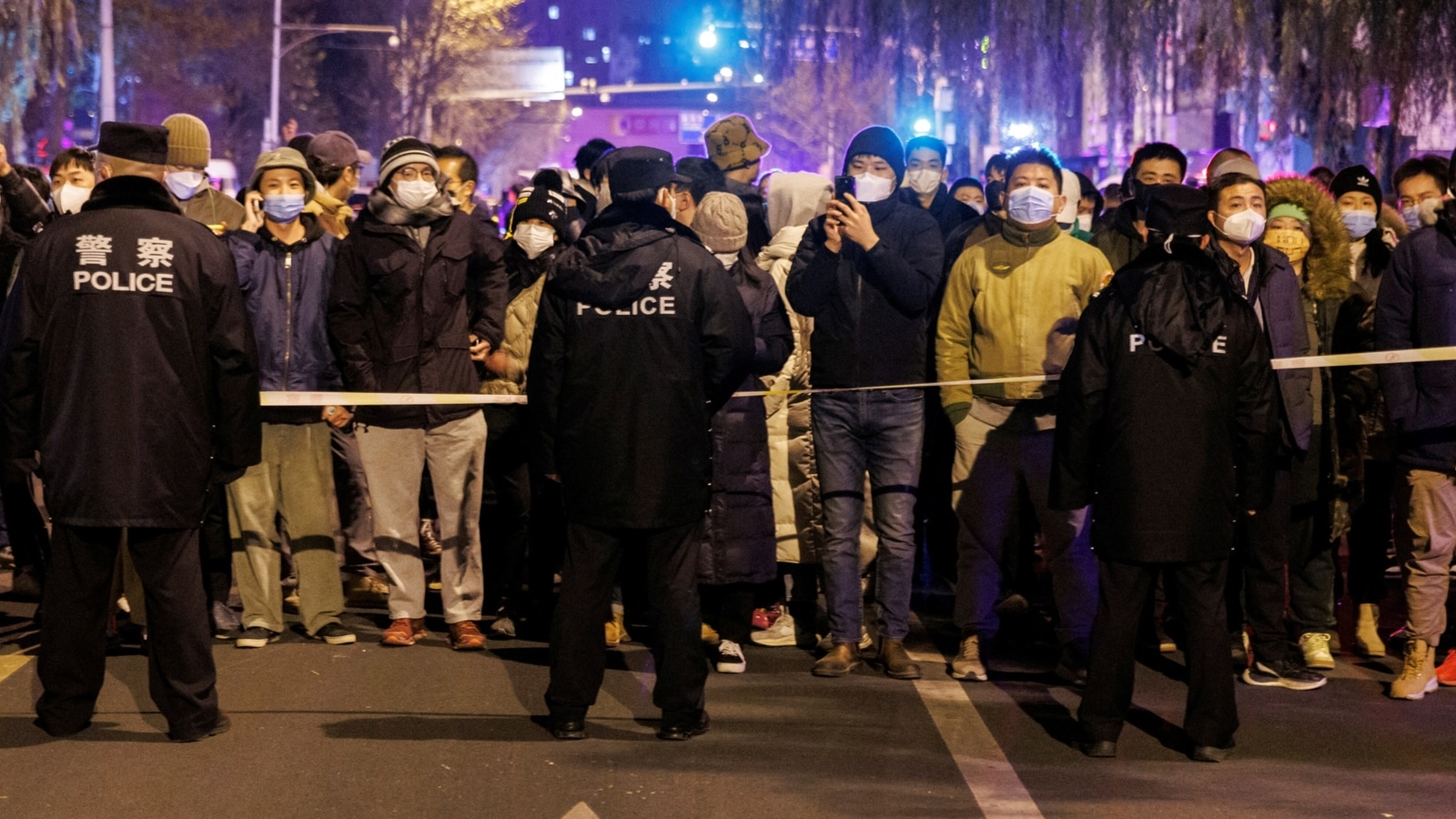Shot at while leading a rally of sympathizers in a “ long march ” from Lahore to Islamabad, Pakistan Prime Minister Imran Khan hardly escaped an attempt on his life on November 3. One person who overpowered the bushwhacker on the spot was killed. The Pakistan Tehreek e Insaf leader, who took a pellet in his leg, was among the seven injured, but he has blazoned that the march to the capital will continue.
Pakistan has a grim history of assassinations, and an indeed worse record of failure to track down those behind these acts. The liability that investigators will establish the verity behind the attack on Khan is, thus, dim. This can only add to the welter of formerly being conspiracy propositions, fuelled in no small part by the Army’s and the ISI’s part in Pakistan’s politics, their shadowy deals with the political class, bar, religious crazies and terrorist groups.
This is the political culture that Khan has successfully exploited, both by being part of it and by attacking it at his convenience, and turned into a tidal surge of support for his movement for “ haqeeqi azaadi ” or real freedom. It’s tempting to suppose of this as an unknown mercenary moment in Pakistan. But Khan isn’t out to repair the mercenary-military imbalance for republic’s sake.
He’s furious with the Army chief and the ISI for staying “ neutral ” and not helping him remain in power. His end, and the reason for this “ long march ”, is to disrupt the status quo, force an early election and return to power, and to impel the Army and ISI to be probative of his intentions, which includes the appointment of a probative Army chief after the contestant, General Qamar Javed Bajwa, steps down this month end when he’s due to retire.
The Pakistan Army has not been possessed in this manner by a mercenary politician since Zulfikar Ali Bhutto. Its responses, similar as the press conference by the head of the ISI — a major first for an organisation that thinks of itself as below questions have given away its vulnerability. Ironically, still, the politicians, including Imran Khan, are staying for the Army to intermediate to resolve a conflict that now seems intractable.
But indeed if the Army intervenes, there’s no guarantee of a negotiated ending to this stand- off. With Khan poised to return if choices are held, it seems the Army’s trouble will be to insure that its coming move secures its own interests. On former occasions when the Army has felt its power and supremacy undermined, it has responded in ways that have shifted the scales forcefully back to the service.
The constant churn in India’s western neighbour is destabilising for the region. In the absence of any politic engagement, the rather fragile relations between India and Pakistan are being held up only by means of an verbal ceasefire that began in 2003, and was rescued from near breakdown last time. Both the Indian and Pakistan armies must insure that Pakistan’s political troubles don’t impact that achievement, which has kept the peace along the Line of Control for 21 months.


